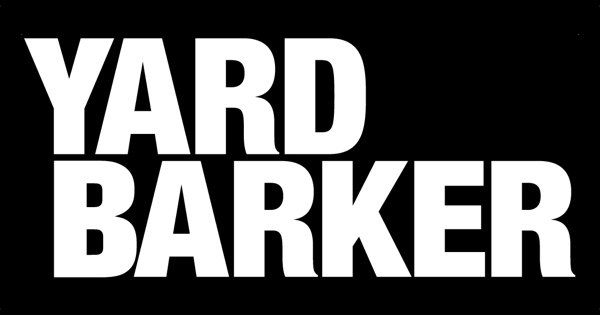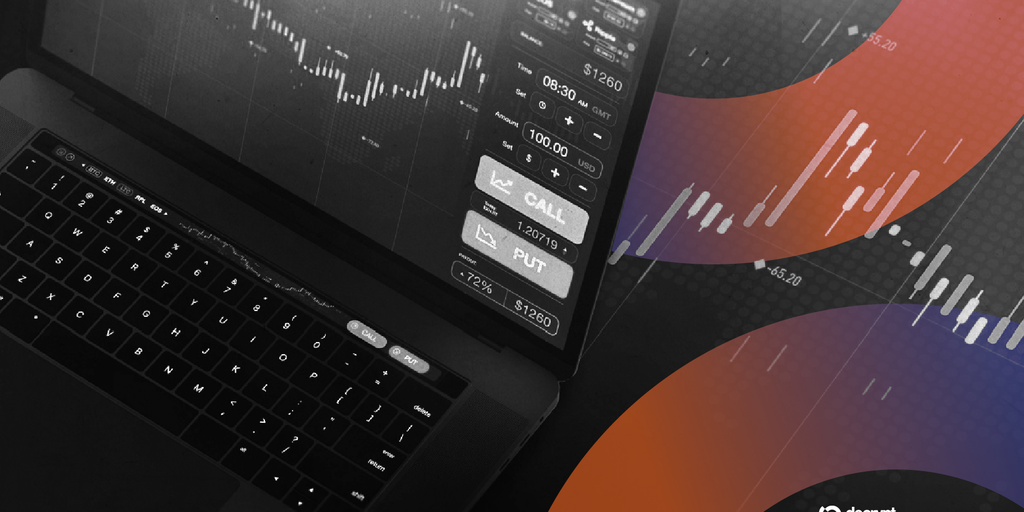Copyright brecorder

ISLAMABAD: A four-member larger bench of the Islamabad High Court is set to hear Dr Fowzia Siddiqui’s petition seeking the release of her sister, Dr. Aafia Siddiqui, from a US prison. The larger bench headed by Justice Arbab Muhammad Tahir and comprised of Justice Khadim Hussain Soomro, Justice Azam Khan and Justice Raja Inaam Ameen Minhas will hear the matter. The previous hearing was cancelled due to the unavailability of one of bench member. Previously, the case was being heard by Justice Sardar Ejaz Ishaq Khan, who had issued contempt notices to the prime minister and cabinet members for non-compliance with court directions. On July 21, Justice Sardar Ejaz had issued contempt notices to the prime minister and the entire cabinet over non-compliance with the court’s directions. However, the registrar’s office did not execute the notices because the judge was not included in the duty roster approved by the chief justice. Subsequently, the IHC reconstituted its benches and formed four specialised division benches, including one to hear tax references comprising Justice Babar Sattar and Justice Sardar Ejaz. As a result, the cases pending before both judges were reassigned to other judges. On Sept 1, Justice Raja Inaam Ameen Minhas took up Dr Fowzia’s petition. However, as the registrar’s report had recommended that a larger bench should address questions concerning the validity of the July 21 hearing, Justice Minhas referred the matter to the IHC Chief Justice Sardar Muhammad Sarfraz Dogar. The main issue identified was that Justice Sardar Ejaz’s bench was not authorised to hear cases on July 21. The weekly roster approved by the chief justice had not assigned him any bench duties that day, and the official summer vacation roster also listed him as being on leave. The registrar’s report noted that the IHC itself has previously held that determination of benches is the “exclusive administrative prerogative of the Hon’ble Chief Justice”. It further cited rulings of the Supreme Court of India, which has held that no judge can direct listing of cases in conflict with the chief justice’s orders, and of the Supreme Court of Pakistan, which has ruled that benches may only hear cases formally fixed before them and cannot self-select matters. The report suggested placing before a larger bench three questions: whether a judge can self-assign a case; whether an approved sitting roster can be violated by a judge; and whether the chief justice must obtain consent from benches before consolidating identical petitions. Acting on these recommendations and the serious questions raised, the IHC chief justice constituted the four-judge larger bench now tasked with hearing the matter. Copyright Business Recorder, 2025



